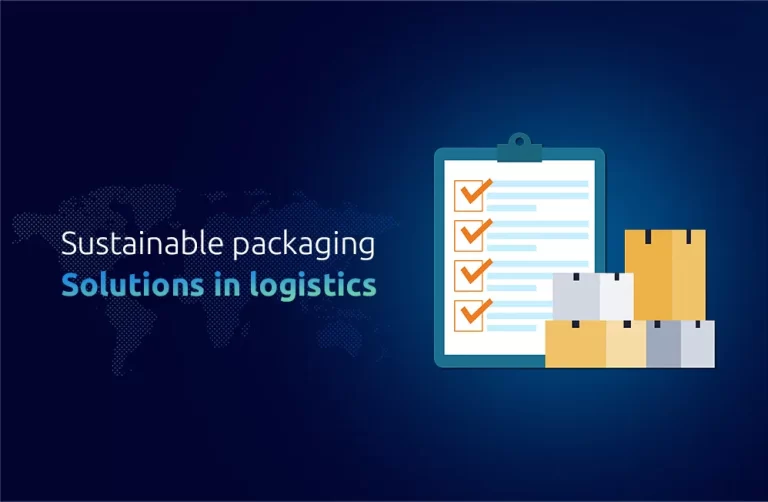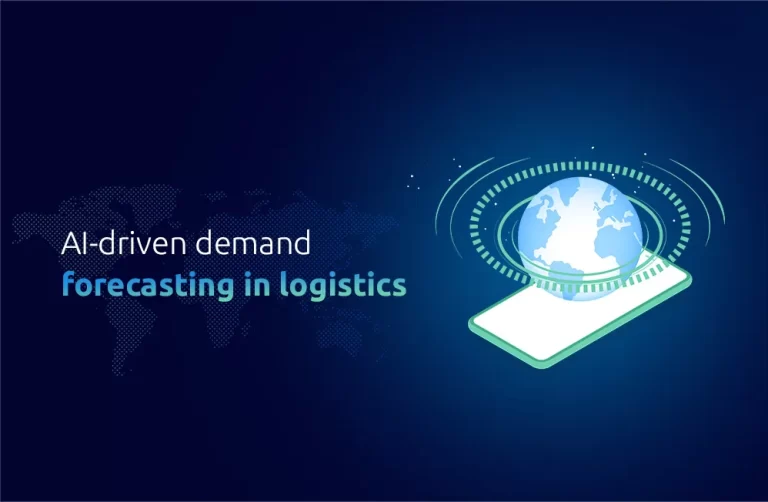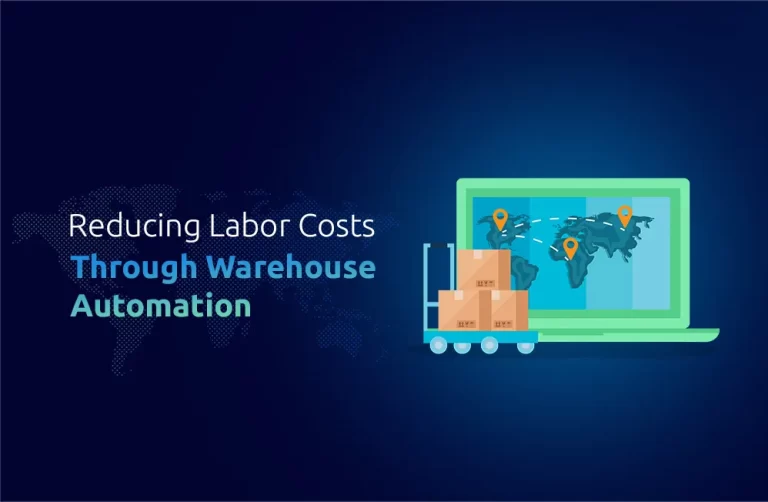Trade Regulations in Tanzania: Navigating the Business Landscape
Tanzania, a vibrant East African nation, offers numerous opportunities for trade and investment. To successfully engage in business in this region, it’s crucial to understand and comply with the country’s trade regulations. These regulations are influenced by Tanzania’s unique geographic location and its role as a member of various trade agreements. Here, we explore the intricacies of trade regulations in Tanzania based on its location and regional dynamics.
-
East African Community (EAC) Membership:
Tanzania is a member of the East African Community (EAC), a regional intergovernmental organization comprising six East African countries, including Kenya, Uganda, Rwanda, Burundi, South Sudan, and Tanzania. The EAC fosters economic integration among its member states, resulting in various trade agreements and regulations that businesses in Tanzania need to consider.
-
Common External Tariff (CET):
Under the EAC framework, member states have adopted a Common External Tariff (CET). The CET is a standardized tariff schedule applied to equipment imported from outside the EAC region. Understanding these tariff rates is essential when importing equipment into Tanzania, as they can significantly impact the cost of your imports.
-
Rules of Origin:
The EAC has established rules of origin to determine the source of products. Goods produced within the EAC region may qualify for preferential tariffs, while those from outside the region may face higher tariffs. Complying with the rules of origin is crucial for businesses in Tanzania to benefit from these preferential rates.
-
Tanzania Mainland and Zanzibar:
Tanzania is a union of two territories: the mainland and Zanzibar. Each has its own government and distinct trade regulations. Understanding the differences between the two is essential for businesses operating in both regions. While the mainland follows EAC regulations, Zanzibar maintains some autonomy over its trade policies.
-
Documentation and Compliance:
Customs procedures in Tanzania are governed by the Customs Act and related regulations. Businesses must adhere to specific documentation requirements, including the bill of lading, commercial invoice, packing list, certificate of origin, and any necessary permits or licenses. Compliance with these requirements is critical for efficient customs clearance.
-
Import Duties and Taxes:
Tanzania imposes import duties and taxes, including value-added tax (VAT) and excise duties, on various imported equipment. The rates vary depending on the type of equipment and their origin. Understanding these rates and ensuring accurate calculations is essential to avoid unexpected costs and delays.
-
Prohibited and Restricted Items:
Tanzania maintains a list of prohibited and restricted items, including firearms, narcotics, wildlife products, and hazardous materials. Importers must familiarize themselves with these lists to prevent legal complications when importing equipment into the country.
-
Customs Valuation:
Customs authorities in Tanzania determine the customs value of equipment using various methods, including transaction value, similar equipment value, and deductive value. Adhering to the correct valuation method is essential to determining customs duties accurately.
-
Trade Facilitation Initiatives:
Tanzania has implemented various trade facilitation measures aimed at simplifying customs procedures and reducing the time and cost of doing business. Staying informed about these initiatives can streamline your trade operations.
Overall, trade regulations in Tanzania are shaped by its membership in the EAC, the autonomy of Zanzibar, and various regional agreements. To navigate the complex landscape successfully, businesses must not only understand the regulations but also stay updated on changes, adhere to documentation requirements, and comply with customs procedures. Additionally, leveraging the benefits of regional trade agreements and seeking professional guidance can contribute to a smoother and more cost-effective trade experience in this strategically located East African nation.
Transportation and Infrastructure in Tanzania: Critical Considerations for Trade
The transportation infrastructure in Tanzania plays a crucial role in shaping trade dynamics within the country. It comprises a diverse network of roads, ports, airports, and railways, each with its own impact on the speed and cost of logistics. Tanzania’s road network, consisting of both well-maintained highways and sections in need of repair, influences the efficiency of overland logistics. The well-kept highways facilitate swift and cost-effective transportation, while areas requiring maintenance can slow down the movement of equipment, increasing logistics costs. The Port of Dar es Salaam, strategically positioned along the Indian Ocean, serves as a vital gateway for imports and exports.
However, congestion issues can occasionally disrupt shipping efficiency, akin to turbulent waters affecting maritime traffic. For time-sensitive equipment, air cargo flows through Julius Nyerere International Airport and other international airports like Kilimanjaro and Zanzibar, providing a fast transportation option. Tanzania’s extensive rail network offers an efficient means of bulk cargo transport, much like a well-orchestrated symphony, facilitating the movement of large quantities of equipment. To adapt to the evolving transportation landscape and optimize trade operations, staying informed about ongoing infrastructure development projects is essential. This knowledge allows stakeholders to anticipate changes, align their strategies, and ensure a harmonious trade environment in Tanzania.








